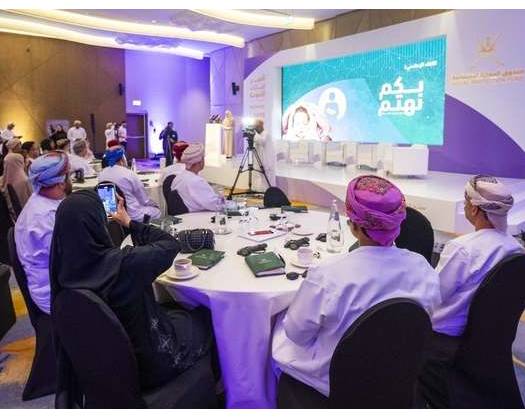Muscat: The United Nations agencies, including the United Nations Children’s Fund (UNICEF), the United Nations Population Fund (UNFPA), and the World Health Organization (WHO), have lauded Oman, represented by the Social Protection Fund, for introducing maternity leave insurance for both Omani and non-Omani employees in both the public and private sectors.
This insurance scheme allows for the continuation of care leave beyond the initial maternity leave, which is an optional feature, as the law guarantees a leave to care for the child without pay for up to 98 days within a year following the maternity leave, at the insured's request. The maternity leave insurance fund covers the insured's and the employer's contributions during the care leave for the elderly, disability, and death insurance, as well as the job security insurance. This leave can be shared between the parents.
"I applaud Oman for its dedication to the welfare of both Omani and non-Omani employees, a feat that positions it as a leader in the region for its inclusivity and investments," stated Samira Chowdhury, the UNICEF Representative in Oman.
The UNFPA GCC office also highlighted that "reproductive health is essential for equal economic and social engagement, and focusing on reproductive health, including maternity and paternity leave, can boost productivity, decrease absenteeism, and improve the economic status of women and society."
The Fund further noted that women make up approximately 40% of the global workforce, and when the workplace is accommodating to women, it benefits everyone.
The Oman Vision 2040 has prioritized the growth of Omani individuals through superior education, a robust healthcare system, the enhancement of citizenship, identity, and national heritage, and the attainment of well-being and social security.
Dr. Jean Jabbour, the WHO Representative in Oman, highlighted the critical role of a mother's involvement in the initial months of her baby's life, as this early stage is vital in determining the child's health, emotional, and social development.
Offering paid maternity leave has been linked to more frequent check-ups for the child's development and an increase in worldwide immunization rates and ensuring vaccinations are given on time. Maternity leave also provides the necessary time for mothers to recuperate and care for their newborn, leading to higher rates of breastfeeding initiation and continuation.
Progress speed
He pointed out that there are unique chances to speed up the progress in enhancing the health of women and children, as better maternity protection for women and children's health is supported by the improvement of maternity leave policies.
It's important to mention that maternity leave is a social insurance scheme that covers working mothers during pregnancy and after birth, ensuring they have sufficient time to rest and care for their newborn. This scheme also includes paternity leave to allow fathers to support their family during this crucial period.












